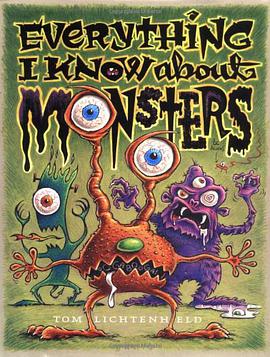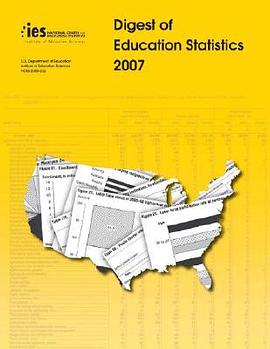

具体描述
"The State, the Nation, and the Jews" is a study of Germany's late-nineteenth-century anti-semitism dispute and of the liberal tradition that engendered it. The Berlin Anti-Semitism Dispute began in 1879 when a leading German liberal, Heinrich von Treitschke, wrote an article supporting anti-Jewish activities that seemed at the time to gel into an anti-semitic 'movement'. Treitschke's comments immediately provoked a debate within the German intellectual community. Responses from supporters and critics alike argued the relevance, meaning, and origins of this 'new' anti-semitism. Ultimately, the Dispute was as much about Germans and how they could best form and consolidate their recently formed national state as about Jews and those who hated them. Treitschke's liberal anti-semitism threw into sharp relief the antinomies inherent in the modern constellation of state, culture, and society. In a newly united Germany, the Dispute forced the intellectual community to question the parameters of national identity. Born within the liberal tradition that, at the time, mostly championed Jewish emancipation, the Dispute's core question was how state, nation, race, ethnicity, and religion should relate to one another. From a close analysis of the crucial contributions to the debate, Marcel Stoetzler crafts a compelling critique of liberalism and liberal notions of national identity. The specifics of the Dispute raise uncomfortable questions about the role of race, religion, and ethnicity within modern liberalism. The Dispute provides an avenue for understanding the development of anti-semitism within liberal society and, ultimately, an indictment of liberalism itself.
作者简介
目录信息
读后感
评分
评分
评分
评分
用户评价
相关图书
本站所有内容均为互联网搜索引擎提供的公开搜索信息,本站不存储任何数据与内容,任何内容与数据均与本站无关,如有需要请联系相关搜索引擎包括但不限于百度,google,bing,sogou 等
© 2025 book.quotespace.org All Rights Reserved. 小美书屋 版权所有




















